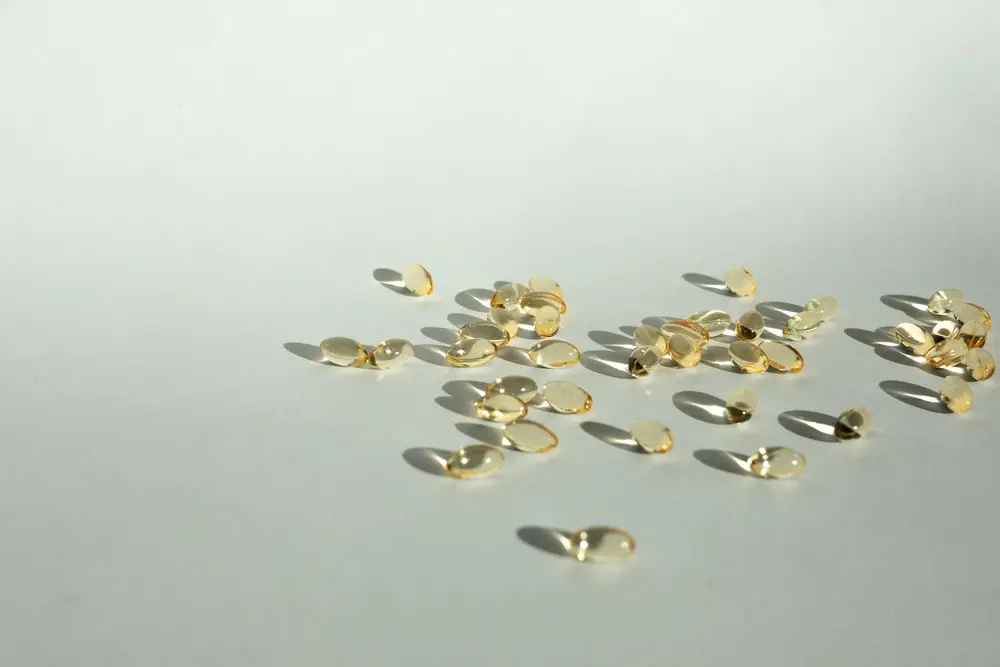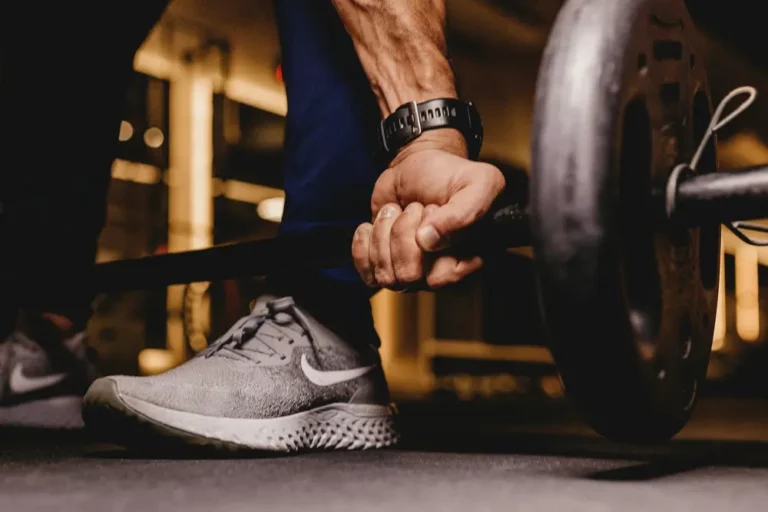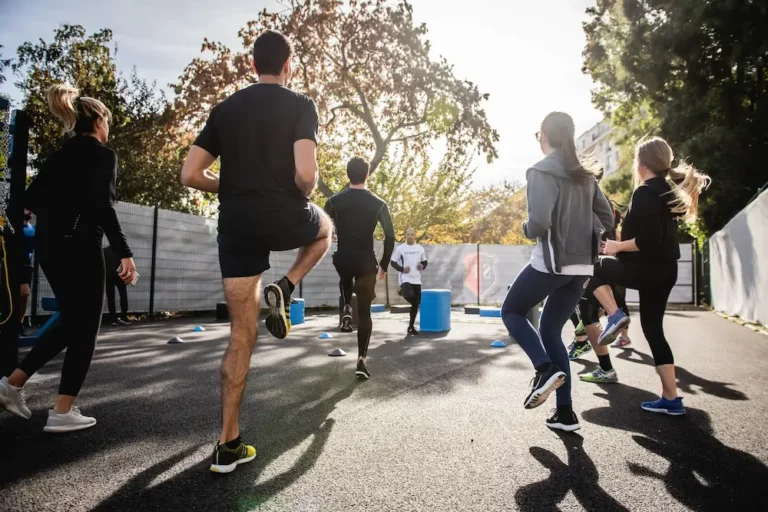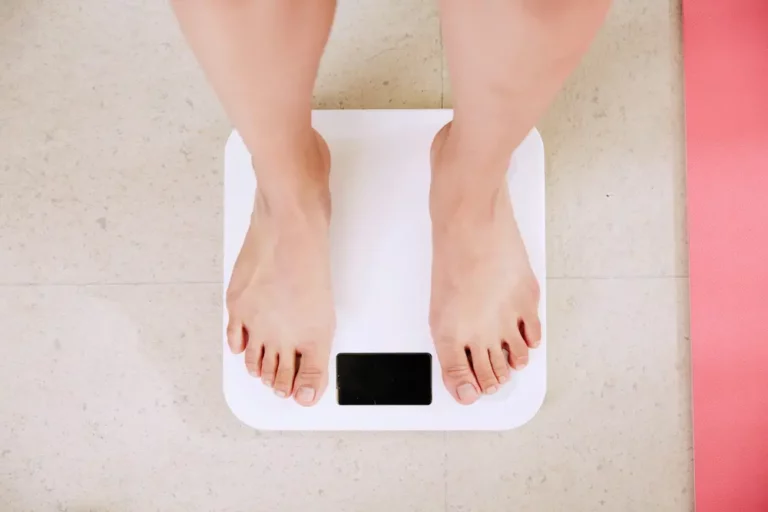Does Zinc Raise Testosterone? Unveiling the Truth with Science
I’ve always been curious about the natural ways we can boost our health, especially when it comes to something as crucial as testosterone levels. It’s no secret that maintaining healthy testosterone is vital for men, not just for muscle growth and sex drive, but for overall well-being, too. So, when I stumbled upon the topic of zinc and its potential to raise testosterone levels, I knew I had to dive deeper.
The relationship between zinc and testosterone is fascinating, yet surrounded by a cloud of questions and skepticism. Does adding zinc to your diet really make a difference, or is it just another health myth? With research pointing in different directions, it’s easy to get lost in the sea of information. But don’t worry; I’ve done the legwork to bring you a clear picture of what zinc can (and can’t) do for your testosterone levels.
Understanding Zinc’s Role in Testosterone Production
Zinc isn’t just a metal you might recall from chemistry class; it’s a vital nutrient that plays a significant role in many bodily functions, especially when it comes to hormonal health. Let’s dive into the specifics of how zinc influences testosterone production, a topic that’s caught my attention and hopefully yours, too.
Biological Functions of Zinc Related to Hormonal Health
Zinc is a key player in the orchestra of our body’s processes, and its relevance to hormone health cannot be overstated. It acts as a catalyst for more than 300 enzymes, playing an essential role in nucleic acid synthesis, cell division, and protein synthesis. All these processes are foundational for maintaining healthy testosterone levels. But it doesn’t stop there; zinc also impacts the immune system and helps to repair bodily tissues. In terms of hormonal regulation, zinc directly influences the pituitary gland, which controls the release of several vital hormones, including those responsible for stimulating testosterone production in the testes. It’s fascinating how a single nutrient can have such far-reaching effects, from cellular health to hormonal balance.
Correlation Between Zinc Deficiency and Low Testosterone Levels
The relationship between zinc levels and testosterone production is both intricate and compelling. Several studies have shown that low zinc intake correlates with reduced testosterone levels. This particularly resonates with me because it highlights an easily overlooked aspect of nutrition’s impact on hormonal health. Deficiency in this essential mineral can lead to a decrease in gonadotropin-releasing hormone (GnRH), which is crucial for the production of testosterone and other sex hormones.
Here are some key facts and statistics to consider:
| Condition | Impact on Testosterone |
|---|---|
| Zinc Deficiency | Decrease in testosterone levels |
| Adequate Zinc Intake | Maintenance or increase in testosterone levels |
| Supplementation in Zinc-deficient Individuals | Significant increase in testosterone levels |
It’s evident that maintaining adequate zinc levels is important for sustaining optimal testosterone levels. However, it’s also essential to approach zinc supplementation with caution, as excessive zinc intake can lead to negative health consequences. The balance is key, and for individuals with a varied diet, getting enough zinc through food might be sufficient to meet the body’s needs without resorting to supplements.
Zinc Supplementation and Testosterone Enhancement
In exploring the correlation between zinc and testosterone levels, I’ve delved into various studies and clinical evidence that shed light on how zinc supplementation can potentially boost testosterone levels for those deficient in this vital mineral. This journey has led me to some fascinating findings.
Clinical Evidence Supporting Zinc’s Impact on Testosterone Levels
Several studies caught my eye, particularly due to their rigorous methodology and significant findings. A notable study published in the Journal of Exercise Physiology observed a group of athletes over an eight-week period. The athletes who were given zinc supplements showed a marked increase in their testosterone levels compared to those who were not supplemented with zinc. This was especially evident in those who started with low testosterone levels.
Another compelling piece of research involved elderly men, a group typically experiencing a natural decline in testosterone. The study provided these men with zinc supplements for six months. The results were striking, showing a substantial improvement in serum testosterone levels in the test group. These studies reinforce the idea that zinc plays a crucial role in regulating and enhancing testosterone levels, particularly for those already deficient in this mineral.
Recommended Zinc Dosage for Testosterone Improvement
Determining the right zinc dosage is crucial for reaping the benefits while avoiding potential side effects associated with excessive intake. After going through numerous guidelines and recommendations from health authorities, I’ve found that the consensus points to a specific range.
| Population Group | Recommended Daily Zinc Intake |
|---|---|
| Adult Men | 11 mg |
| Adult Women | 8 mg |
| Pregnant Women | 11-13 mg |
| Athletes | 13-16 mg |
It’s important to note that absorption rates can vary, and factors like dietary habits and overall health significantly influence how well zinc supplementation works. For testosterone improvement, particularly in individuals identified as zinc deficient, the upper range of this recommendation (13-16 mg for men) might be more beneficial. However, it’s paramount to consult with a healthcare provider before starting any supplement regimen to prevent zinc toxicity and ensure that the dosage aligns with individual health needs and conditions.
Factors Influencing Zinc and Testosterone Relationship
Impact of Age and Physical Activity on Zinc’s Testosterone Boosting Effects
When I delve into the complex relationship between zinc and testosterone, a couple of factors stand out, particularly age and physical activity. It’s fascinating to see how these elements play a role. For starters, age significantly affects testosterone levels in men. As men age, their testosterone levels naturally decline, a process that can start as early as the age of 30. Incorporating zinc into one’s diet might seem like a straightforward countermeasure. However, zinc’s effectiveness in boosting testosterone seems to be more pronounced in those who are deficient in the mineral to begin with. This is crucial because the body’s ability to absorb zinc can decrease with age, making older adults more susceptible to zinc deficiency.
On the flip side, physical activity, especially intense and regular exercise, can influence testosterone levels and zinc requirements. Athletes and individuals who engage in regular physical training might experience temporary increases in testosterone right after exercise. This is where Zinc steps in as a supporting actor. Zinc plays a pivotal role in modulating testosterone levels during and after exercise. For physically active individuals, maintaining optimal zinc levels can help ensure that testosterone fluctuations remain beneficial rather than detrimental.
Role of Zinc in Exercise-Induced Testosterone Fluctuations
Talking about exercise-induced testosterone fluctuations without mentioning zinc would be like discussing a play without its lead actor. Zinc directly impacts how testosterone levels react to physical activity. During exercise, especially intense training sessions, the body’s demand for zinc increases as it’s utilized in various metabolic processes, including testosterone synthesis.
This relationship underscores the importance of not just any zinc intake but optimal zinc nutrition. For athletes or anyone engaged in regular strenuous activity, ensuring adequate zinc levels is vital. This is not only for the sake of testosterone regulation but also because zinc supports immune function, wound healing, and muscle recovery. Given that physical activity, including exercise, carries inherent risks and demands on the body, sticking within personal limits and being mindful of nutritional needs, including zinc, becomes even more critical.
Through understanding these nuances, I’ve learned that simply adding zinc to my diet isn’t a magic bullet for boosting testosterone. Assessing factors like age, activity level, and existing nutritional status is key. This holistic approach ensures that I’m not just blindly supplementing but rather strategically supporting my body’s needs and activities.
Additional Health Benefits of Zinc
Beyond its pivotal role in testosterone regulation and physical performance, zinc’s contributions to our overall health are profound and diverse. Let’s delve into some of these lesser-discussed benefits.
Zinc’s Contribution to Immune Function and Wound Healing
I’ve always been fascinated by how our bodies recover and heal, and it turns out zinc plays a critical role in these processes. Zinc is crucial for maintaining a strong immune system. It’s involved in the function of various immune cells like neutrophils and natural killer cells. Without adequate zinc, our body’s first line of defense against pathogens weakens, making us more susceptible to infections and illnesses.
Moreover, zinc’s importance extends to wound healing. It’s a key factor in collagen synthesis, cellular division, and protein synthesis. This means when I have a cut or a scrape, zinc helps my skin repair itself more efficiently by supporting the replacement of damaged tissues. Essentially, maintaining adequate zinc levels not only keeps my immune system in top shape but also ensures that my body can efficiently handle the bumps and scrapes of daily life.
Zinc’s Influence on Skin Health and Inflammation Reduction
Speaking of skin, I’ve noticed how much of an impact zinc has had on mine. Zinc is widely recognized for its anti-inflammatory properties and its role in maintaining skin health. People struggling with acne might find that increasing their zinc intake can help reduce breakouts. This is because zinc works to reduce inflammation and inhibit the growth of acne-causing bacteria.
But it’s not just acne. Zinc has been shown to be beneficial for other inflammatory skin conditions, such as eczema and rosacea. By reducing inflammatory responses in the body, it helps alleviate the symptoms associated with these conditions. I find it astonishing how this one mineral can influence our health in so many ways, from accelerating wound healing to keeping our skin clear and reducing inflammation.
Dietary Sources of Zinc
When exploring how zinc impacts testosterone levels, it’s crucial not only to consider supplementation but also the dietary sources of zinc. Through my journey, I’ve learned the significance of incorporating natural zinc sources into my diet to support overall health, including hormone balance.
High-Zinc Foods and Their Testosterone Boosting Potential
Several foods are notably high in zinc, playing a pivotal role in boosting testosterone. Here are a few I’ve found especially beneficial:
- Oysters: Often hailed as one of the best sources of zinc, oysters pack a significant amount of this mineral, which may aid in increasing testosterone levels.
- Red Meat: Particularly beef and lamb, offer high levels of zinc as well as other essential nutrients conducive to testosterone production.
- Pumpkin Seeds: A more accessible source, these seeds are not only rich in zinc but also vital for prostate health and hormonal balance.
- Legumes: Beans and lentils aren’t just great plant-based protein sources; they’re also packed with zinc.
- Nuts: Almonds and cashews are delicious ways to snack on zinc.
Incorporating these foods into my diet has not only been a culinary adventure but a step toward better hormonal health as well.
Integrating Zinc-Rich Foods into a Balanced Diet
Ensuring a balanced diet that includes adequate amounts of zinc can be simpler than it seems. Here’s how I’ve managed to do it:
- Breakfast: Starting the day with a smoothie that includes pumpkin seeds and nuts sets a positive tone for zinc intake.
- Lunch and Dinner: Incorporating a serving of red meat, oysters, or legumes with meals can significantly contribute to daily zinc needs.
- Snacks: Opting for nuts or seeds as snacks not only curbs hunger but boosts zinc intake.
Balancing these foods with fruits, vegetables, and whole grains not only ensures a varied and enjoyable diet but also supports optimal testosterone levels and overall health.
Zinc Supplementation Guidelines
When diving into the world of supplements, zinc often pops up as a powerhouse mineral with numerous health benefits, including potentially boosting testosterone levels. Knowing how to correctly supplement with zinc, though, is crucial for reaping these benefits while avoiding potential downsides.
Identifying Signs of Zinc Deficiency
Before I started supplementing with zinc, I made sure to educate myself on the signs of zinc deficiency. It’s so easy to overlook these symptoms, thinking they’re just part of a busy lifestyle. However, things like hair loss, weakened immunity, and mood disturbances might actually be your body crying out for more zinc. More subtle signs include changes in taste and smell. I learned that these can be early indicators that your zinc levels might be lower than ideal.
Safe Practices for Zinc Supplementation and Monitoring
Once I got familiar with the signs of deficiency, my next step was to understand how to incorporate zinc supplements safely. The Recommended Dietary Allowance (RDA) for zinc varies by age, gender, and life stage, but for adult men, it’s about 11mg per day. Women need slightly less, around 8mg daily. It’s vital not to exceed the upper limit of 40mg per day to avoid adverse effects like gastrointestinal distress or copper deficiency, which can ironically counteract the benefits you’re seeking.
To start, I opted for a lower dose and planned to adjust based on how my body reacted. Keeping a close eye on any changes or side effects helped me gauge whether the supplementation was working or if I needed to tweak the dosage. Monitoring how I felt became an essential part of the process, ensuring I wasn’t inadvertently causing harm while trying to boost my testosterone and overall health.
I also made it a point to have periodic blood work done. This wasn’t just to check my zinc levels but also to ensure that my overall nutrient balance remained in check. Consulting with a healthcare provider gave me peace of mind, reaffirming that my supplementation strategy was on the right track or if adjustments were needed.
By approaching zinc supplementation with mindfulness and an informed perspective, I’ve been able to make positive strides in my health journey. Remember, when it comes to supplements, more isn’t always better, and finding that sweet spot is key to maximizing benefits while minimizing risks.
Conclusion
Navigating the world of supplements, especially when it comes to boosting testosterone, isn’t as straightforward as popping a zinc pill. It’s about understanding how minerals like zinc and magnesium, along with other nutrients, work together to support our hormonal health. I’ve learned that a balanced approach, considering both direct and indirect impacts on testosterone synthesis, is key. Remember, what works for one person might not work for another, so it’s essential to listen to your body and maybe even consult with a healthcare professional. Here’s to a healthier, more balanced you!
FAQ – Frequently Asked Questions
What is the best vitamin for erectile dysfunction?
Vitamins B3, B9, and D may positively affect male sexual health and potentially aid in managing erectile dysfunction (ED). Additionally, ginseng and L-arginine could be helpful, though more scientific evidence is needed to fully validate their efficacy against ED.
Is zinc a good testosterone booster?
Yes, zinc can effectively enhance testosterone levels, particularly in men who are deficient in the mineral. Research indicates that supplementing with 30 milligrams of zinc daily can increase free testosterone. However, if zinc intake is already sufficient, additional supplements might not offer further benefits to testosterone levels.
How much zinc to take to increase testosterone?
For boosting testosterone, especially in cases of male hypogonadism, a common safe dosage is 220 mg of zinc sulfate (50 mg of elemental zinc) twice daily for one to four months. Dosage and duration might need adjustment based on individual response and needs.







